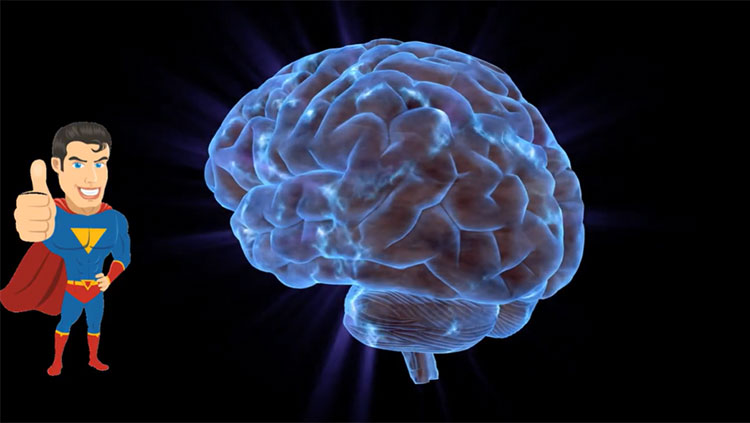Filter
-
(6)
-
(3)
-
(4)
-
-
(7)
-
(2)
-
(1)
-
(1)
-
(1)
-
(1)
-
-
(4)
-
(1)
-
(3)
-
-
(2)
-
(6)
-
(1)
-
(1)
-
(4)
-
(1)
-
-
(35)
-
(8)
-
(13)
-
(11)
-
(3)
-
(5)
-
-
(2)
-
(2)
-
-
(4)
-
(1)
-
(3)
-
-
(3)
-
(3)
-
-
(2)
-
(1)
-
(1)
-
-
(1)
-
(4)
-
(10)
-
(1)
-
(3)
-
(2)
-
(1)
-
(5)
-
-
(41)
-
(4)
-
(5)
-
(2)
-
(3)
-
(5)
-
(14)
-
(8)
-
(7)
-
-
(1)
-
(1)
-
(12)
-
(6)
-
(2)
-
(1)
-
(6)
-
-
(16)
-
(2)
-
(3)
-
(1)
-
(1)
-
(1)
-
(1)
-
(1)
-
-
(1)
-
(1)
-
-
(16)
-
(5)
-
(3)
-
(4)
-
-
(4)
-
(1)
-
(1)
-
(2)
-
-
(1)
-
(1)
-
(1)
-
(1)
-
-
(10)
-
(1)
-
(3)
-
(4)
-
(5)
-
-
(2)
-
(2)
-
-
(4)
-
(4)
-
(1)
-
-
(1)
-
(1)
-
-
(3)
-
(1)
-
(3)
-
-
(39)
-
(8)
-
(12)
-
(3)
-
(5)
-
(5)
-
-
(1)
-
(2)
-
(2)
-
-
(3)
-
(3)
-
(3)
-
-
(1)
-
(1)
-
-
(5)
-
(2)
-
(2)
-
(3)
-
-
(1)
-
(1)
-
-
(5)
-
(5)
-
-
(89)
-
(16)
-
(13)
-
(5)
-
(28)
-
(23)
-
(4)
-
(2)
-
(18)
-
(2)
-
(17)
-
(4)
-
(7)
-
(22)
-
(1)
-
-
(1)
-
(1)
-
(1)
-
-
(71)
-
(1)
-
(1)
-
(4)
-
(28)
-
(1)
-
(1)
-
(17)
-
(7)
-
(10)
-
(7)
-
(13)
-
(1)
-
(3)
-
(3)
-
(4)
-
(5)
-
(1)
-
(4)
-
(9)
-
(2)
-
(3)
-
(2)
-
(95)
21 - 30 of 112 results
-
It’s what psychologists call self-continuity, and can improve your health and well-being.
-
Rediscover our most popular content published in 2023.
-
Kay Tye studies the neuroscience behind social isolation and searches for new targets for mental health treatments that could address its impact.
-
Scientists are exploring the mental health benefits of taking in green and blue spaces in our environment.
-
Neural circuits link several brain regions together — shaping our behaviors, actions, thoughts, and emotions. Habits are formed when certain circuits are repeatedly activated and strengthened.
-
Just like superheroes can train and grow their powers, our brain's connections change and adapt to give us our strengths.
-
Recent research shows how microgravity changes key structures in the brain associated with waste removal and suggests implications for returning to life on Earth.
-
Chronic pain carries on for longer than three months despite medication or treatment, and it has an array of causes and implications for health and wellbeing.
-
Loneliness can take a toll on health. Researchers are exploring how it shows up in the brain and how people can feel more socially connected.
-
and in less time than a traditional, moderate workout routine.
















